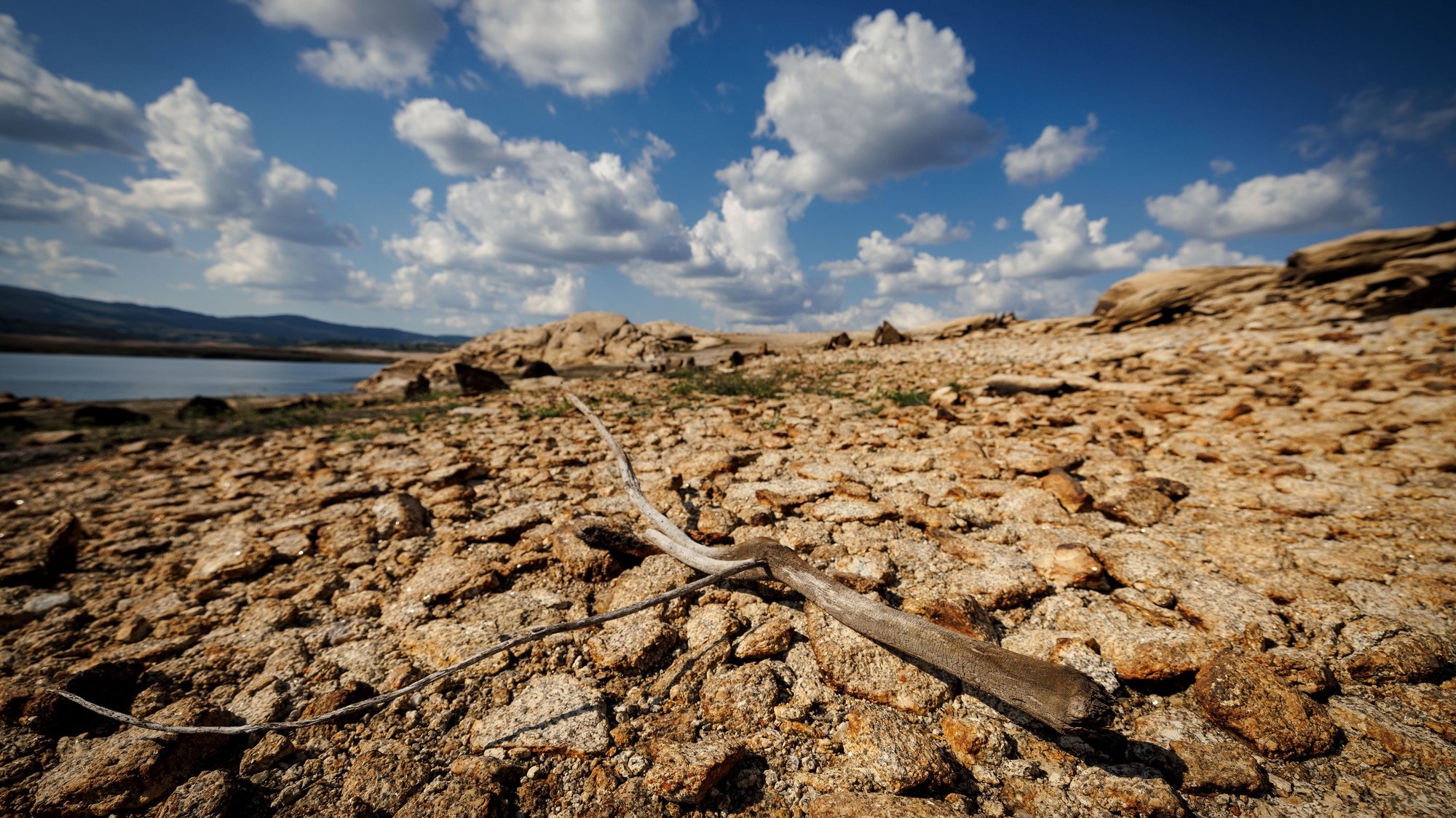In northern Europe, fruit and vegetable products are consumed at the expense of intensive agriculture practiced in Portugal, with water and land use depletions, in apparent contradiction with the discourse of adaptation to climate change.
Speaking to the Lusa agency, Fátima Alves, doctor in Sociology and coordinator, at the Universidade Aberta, of the extension of the Center for Functional Ecology (CEF) of the University of Coimbra (UC), gave the example of the red fruits produced in Alentejo, verify that the fight against climate change cannot be done without the integrated participation of all the actors, whether they are political decision-makers, companies or the population, and a “refoundation” of our relationship with Nature.
“In general, consumers in northern Europe, who do not do without these red fruits produced in Alentejo for breakfast, in intensive production, with water depletion, soil destruction and use of agrochemicals, tend to ignore this fact. With his “green” speech and adaptation to climate change, he lives, in fact we live, comfortably at the expense of soil-destroying agriculture in several countries“, emphasized Fatima Alves.
For the researcher, this “is a problem that must be faced in another way, in an integrated way”.
“But that is never easy, because of vested interests and it is not only in Alentejo, there are already many Alentejo in Portugal and in other European and non-European countries. It is urgent to change the model of economic organization. This will not allow us to get out of this crisis”, warned the sociologist.
Noting that, for example, Spain, “where in some contexts progress has already been made with the ecological transition in agriculture to combat soil destruction and desertification resulting from intensive agriculture through the use of organic farming”, Fátima Alves considered that “it is still not certain to know if the solution comes from that side to solve simultaneously the food problem and allow biodiversity”.
On the other hand, the increase in the population on a global scale puts pressure to consume more resources: “That is, we need food, but we have to find ways to produce it that are less impactful and more sustainable, because otherwise they are here in movements completely different, contradictory and we won’t get out of this“, warned the researcher.
Regarding the creation of new forms of social organization “that respect more the relationship with the environment”, Fátima Alves addressed the relationship that, in Portugal, is established with green spaces, in particular trees, that is, in cases of urban requalification that sacrifice, or how cities “are not prepared for heat waves”.
Dry rivers and dead crops due to a drought that could become the worst in Europe in 500 years
“And they are not because they do not have enough green spaces to absorb this heat and contribute to greater thermal comfort, which houses, due to their construction and habitability conditions, do not provide. The streets, squares and houses that are close to the trees have better environmental quality”, observed Fátima Alves.
The researcher defended, in this sense, that the existence of increasingly long-lasting heat waves “should lead cities to promote a different relationship with trees”.
“In fact, produce positive consequences for urban life. We need to rethink our relationship with trees, which can no longer be predators”, she stressed.
The specialist from the UC Center for Functional Ecology also considered that climate change “does not choose geographies to manifest itself, as long as they are democratic, they manifest everywhere.”
There are, however, “countries that are suffering more than others” from climate change. In the European context, clearly the countries of southern Europe are the most affected and with consequences”more and more serious” due to lack of water and drought or forest fires.
Fátima Alves highlighted a documentary called “O Homem Ate a Terra”, based on a work by French researchers, to summarize that, throughout the world, the responsibilities for the current situation differ from one country to another.
“Although climate change affects us all, it is those who contribute the least who are most affected. In this context, we cannot demand that a country that does not have sanitation, that does not have piped water, be deprived of it, because that increases emissions and contributes to global warming. We Westerners, who have already reached the limit of the limits of consequences, cannot allow it,” he argued.
And climate change “is not only biophysical, are caused by human actionwhich is in its causes”, explained the scientist, also alluding to the issue of social inequalities.
“It is a central issue, because climate change deepens existing social inequalities. This has to be debated, in multiple areas, because people and their territories, their contexts, are central elements”, stressed the CEF researcher.
Between 2016 and 2017, Fátima Alves collaborated in the coordination, together with three other researchers, of the Intermunicipal Plan for Adaptation to Climate Change in the Coimbra Region, a 1,265-page document, organized by areas, which made a diagnosis of the situation in the 19 municipalities of that inter-municipal region of the country and presented a set of proposals and adaptation measures in each sector.
The strategic document, prepared by a multidisciplinary team of about 30 people, from different entities and research centers, “is a kind of diagnosis in the Coimbra region”, a report “that allows us to understand the local specificities” and the availability of the resources or the weaknesses and potentialities of each municipality and presupposes that each one of them builds its own plan.
Source: Observadora
